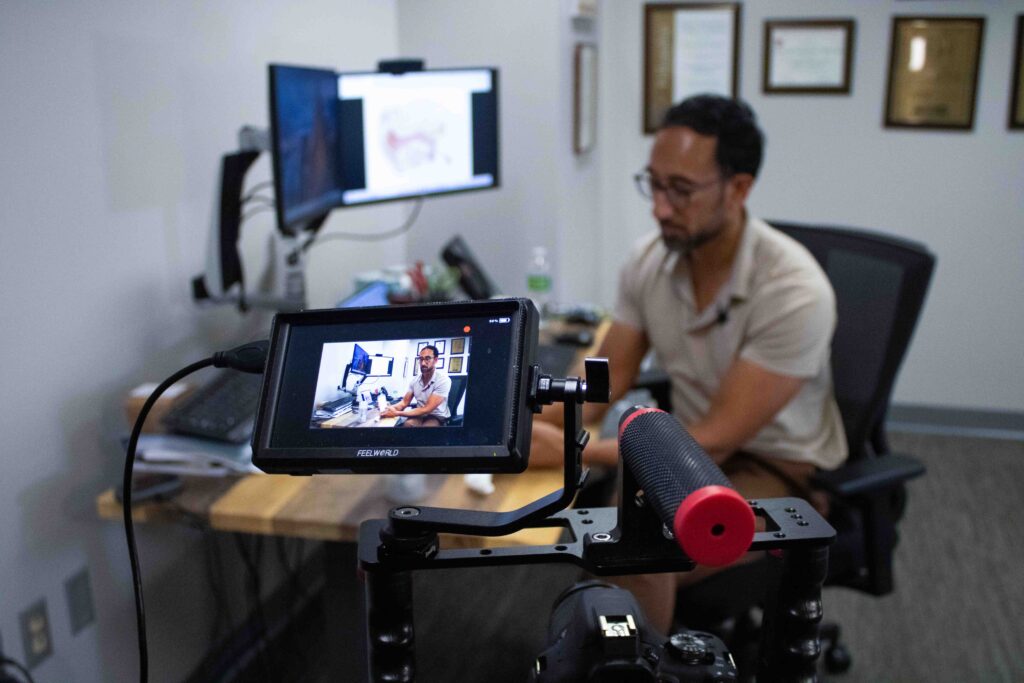S+S, Spring 2025
The Department of Otolaryngology-Head & Neck Surgery at the University of Pittsburgh has started an immunological hearing center thanks, in part due to a significant donation from the Greg Carr Foundation.
“There are a lot of conditions in hearing that we don’t have a reason for, such as sudden sensorineural hearing loss, Meniere’s disease, and fluctuating hearing loss.” said Dr. Peter Santa Maria, MD, PhD, Chief, Division of Otology/Neurotology and Co-Leader of this new center. “We call them idiopathic.”
So, the idea is to have an “immune mediated inner ear center that is a world leader where we can start to unlock some of the mechanisms that cause these things,” Dr. Santa Maria explained. “We can start to understand and diagnose patients correctly according to immune system issues and potentially offer new immune treatments that might be better than steroids for helping patients with hearing loss.”
This center will house discovery, translational, and clinical research. Animal models will be used to study the mechanisms and how the immune system in the ear works, so potential therapies can be better identified. A couple of different targets that act on macrophages or the innate immune system are already being worked on. The innate immune system seems to underlie a lot of why hearing loss occurs, such as noise-induced hearing loss. Some people get a large degree of hearing loss when they are exposed to a little noise, yet others don’t end up with much hearing loss despite a lot of noise exposure. One of the things underlying that is the immune response to that noise and the protective mechanisms that do or do not kick in that can prevent that. There are also potential treatments for hearing loss associated with vestibular schwannoma.
On the translational side, the center is also looking at potentially doing some drug discovery and drug development for these targets. On the clinical side, “we want to make sure that we’re not only delivering the best level of care to all these patients with these conditions, but also working them up, seeing them appropriately, and giving them the best available therapies,” Dr. Santa Maria said. In addition, they are looking to test their samples to look for immune mediated markers that can drive future research on the translational side.
“We’re aiming to be the first center that is complete from discovery research through translation into clinical research,” Dr. Santa Maria said.
